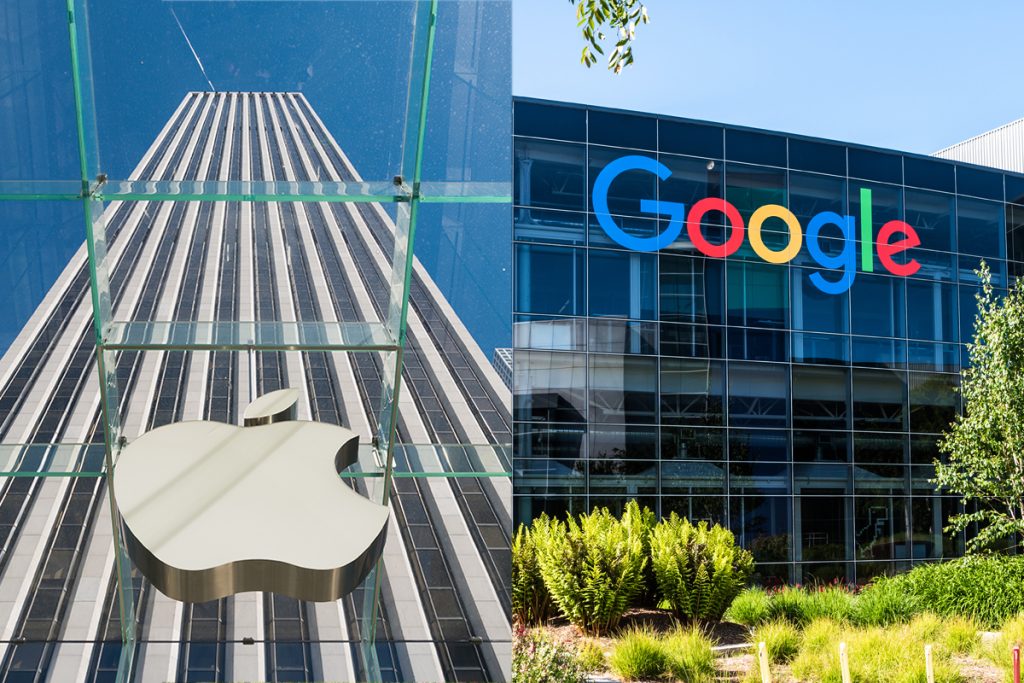The European Union has once again taken a firm stance against Big Tech, as Europe’s top court delivered critical rulings against both Apple and Google. The European Court of Justice (ECJ) upheld substantial penalties against the tech giants, reinforcing the EU’s commitment to regulating dominant global corporations.
Apple, the world’s most valuable company, now faces a €13 billion ($14.4 billion) tax bill owed to Ireland. This ruling stems from a 2016 decision by the European Commission, which found that Apple had benefited from illegal state aid. In a separate case, Google was ordered to pay a €2.4 billion ($2.6 billion) fine for abusing its market dominance in online search.
These rulings, which cannot be appealed, underscore the EU’s determination to curb the influence of Big Tech and establish new standards for corporate accountability.
Apple’s €13 Billion Tax Bill
The case against Apple revolves around the ECJ’s decision to uphold the European Commission’s findings that Ireland provided illegal tax benefits to the company. Apple benefited from tax arrangements that drastically lowered its tax burden, reducing its rate to as low as 0.005% in 2014. The Commission determined that these arrangements gave Apple an unfair advantage over competitors.
Initially, Apple successfully challenged this decision in 2020, with the EU’s General Court ruling that regulators had failed to prove the company received unlawful benefits. However, the ECJ overturned that ruling, siding with the European Commission. Apple must now relinquish the €13 billion it had kept in an escrow account.
Ireland, which supported Apple throughout the legal battle, maintained that it does not offer preferential treatment. Still, the court’s decision represents a major victory for the European Commission’s efforts to address harmful tax practices.
Google’s Antitrust Fine Upheld
In a separate case, the ECJ upheld a €2.4 billion fine imposed on Google in 2017. The fine was levied after the European Commission found that Google had abused its dominant position in online search by promoting its own comparison shopping service at the expense of competitors. This behavior stifled competition and reduced consumer choice.
Google contested the ruling but was unsuccessful, as the ECJ upheld the original decision. The ruling reinforces the EU’s commitment to ensuring fair competition in digital markets. Google was also ordered to cover the Commission’s legal costs.
This decision solidifies the EU’s stance on regulating the practices of digital giants and sets a precedent for future cases involving tech companies. The ruling emphasizes the EU’s role in shaping the global digital economy by fostering innovation and protecting smaller competitors.
EU’s Broader Efforts to Regulate Big Tech
These rulings against Apple and Google are part of the European Union’s larger mission to regulate multinational corporations. Over the past decade, the EU has introduced stricter regulations, including the General Data Protection Regulation (GDPR) and rigorous antitrust investigations aimed at limiting the power of major tech companies.
As the EU continues refining its regulatory framework, these decisions highlight its dedication to promoting fair competition and transparency in global markets. With Big Tech companies under increasing scrutiny, the EU is poised to remain a leading force in shaping corporate governance and accountability.
Setting a Precedent for Big Tech Accountability
The ECJ’s decisions against Apple and Google send a clear message: the EU is committed to holding even the most powerful corporations accountable. Both the €13 billion tax bill for Apple and the €2.4 billion antitrust fine for Google underscore the EU’s efforts to ensure that global companies adhere to its rules.
These rulings mark a significant step in the EU’s push to protect consumers and promote competition. As Europe continues to lead in regulating digital markets, these cases may set important precedents for future actions against Big Tech.


